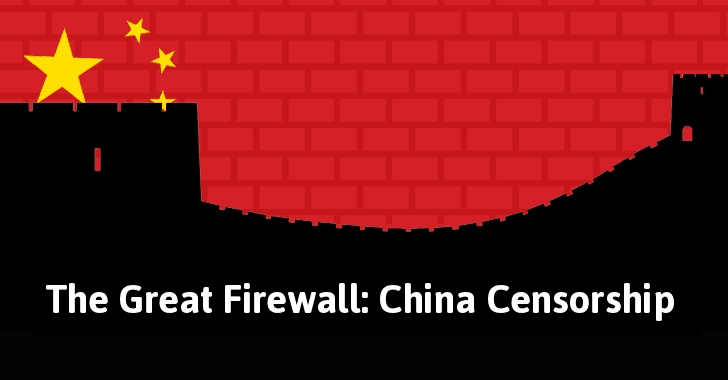It seems as if the situation in Hong Kong isn’t going to die down anytime soon with protests entering their tenth week and financial markets slowly feeling the pressure.
Social media is rife with updates, but one question that begs answering is, how are people in the mainland finding out about the situation in Hong Kong?
Are people on the mainland trying to leap the Great Firewall to find out what’s going on?
What is the Great Firewall?
The term is an obvious play on “The Great Wall” and “firewall,” and it was believed to have been coined by Geremie Barmé, an Australian sinologist.
It refers to the massive censorship of the internet by the Chinese government.
It’s a combination of different technologies and legislation that’s meant to enforce restrictions on what the average Chinese citizen can view in mainland China.
This censorship will either block or limit regular internet users’ access to particular foreign language sites and tools. This censorship extends to mobile applications as well.
If the Chinese government deems content as harmful to national security, it may impose immediate actions such as the blocking of the website in the mainland. Facebook, Wikipedia, Twitter, and Google search, are amongst the list of external sites that can’t be viewed using a standard connection in China. Other foreign companies have had to submit to regulations to continue the operation of websites in China.
This has resulted in many users who want “regular” access to the internet to look for the best VPN for China. It’s one of the few ways of bypassing the censorship that has been imposed by the government.
The Hong Kong Protests and The Great Firewall
The Hong Kong protests are the result of a controversial law that aims to allow the extradition of people in Hong Kong to the Chinese mainland.
This move has angered many in Hong Kong to take to the streets to protest a move that’s said to potentially erode the “one country, two systems” policy.
Everyone’s hearing about it and social media are abuzz with it, and there are indicators that people in the mainland are interested in what’s going on.
According to a report by Reuters in June, Wechat has said that searches for the term “Hong Kong” have peaked at more than 32 million.
There’s ample evidence to believe that people in mainland China want to know what’s going on.
The only way for them to do this is to use virtual private networks (VPNs) to bypass the government’s censorship by masking their location and internet traffic.
The fact of the matter is, there are a lot of people who are trying to “leap” the wall to get the information that they need. It’s been a real struggle for them to access information that has not been censored by the government.
There’s been numerous reports as well of mainland Chinese trying to repost content of the Hong Kong protest only to have them taken down by government censors.
However, the bubble is not as tight as they would have hoped with some content being able to last for a couple of minutes before being flagged and taken down.
The only content that’s allowed to pass are ones that are either critical of the protests or are pro-mainland.
The censors look like they are trying their best to make sure that there’s no spillover of the unrest. Also, it looks as if they will do everything in their power to keep the information in a vacuum.
Mainland Internet versus Hong Kong Internet
The Chinese government’s view is that if the internet is inside the country, then it’s a part of the nation’s sovereignty, meaning that they have the right to govern and decide its proper usage depending on their guidelines.
However, it also operates on the principle of “one country, two systems,” meaning that it allows Hong Kong and Macau to have uncensored internet. There have been reports that regardless of this principle, the Chinese mainland has still kept a close eye on internet usage in both areas.
The only hope for both people in mainland China and foreigners visiting the region to be allowed real access to the internet is to use VPNs or proxy serverS to mask their connections.
The Chinese government will still attempt to do their best to impose the restrictions that they believe are necessary to promote their version of stability in their state.










